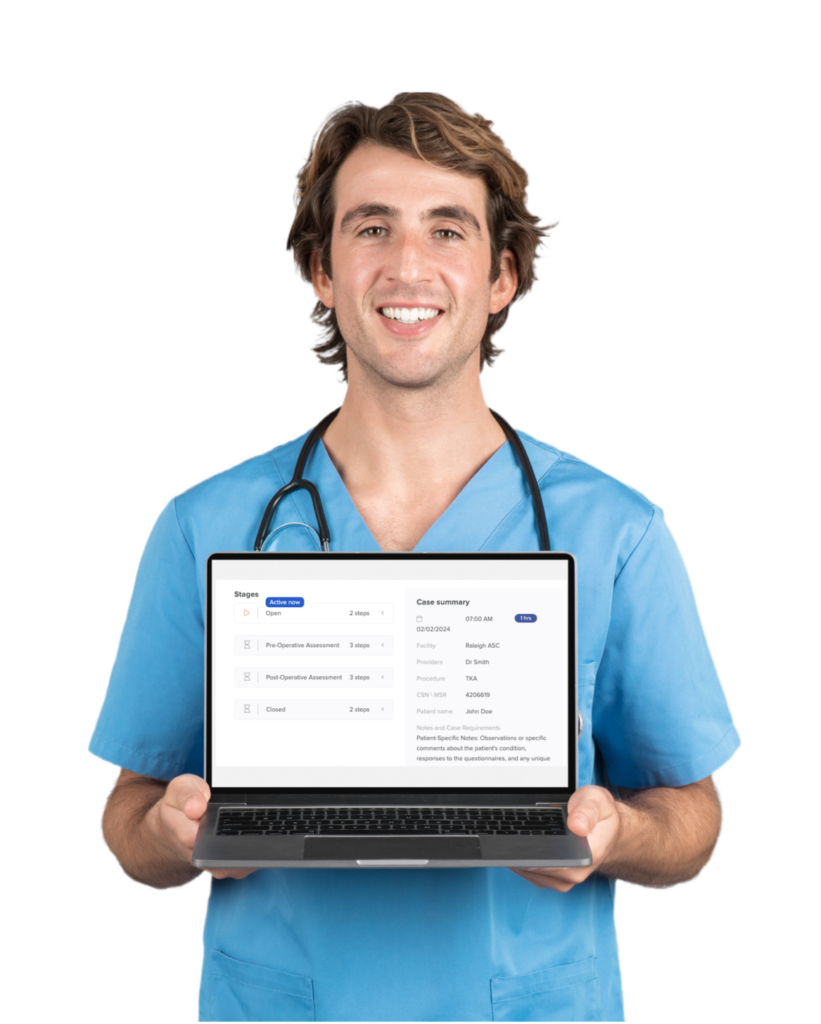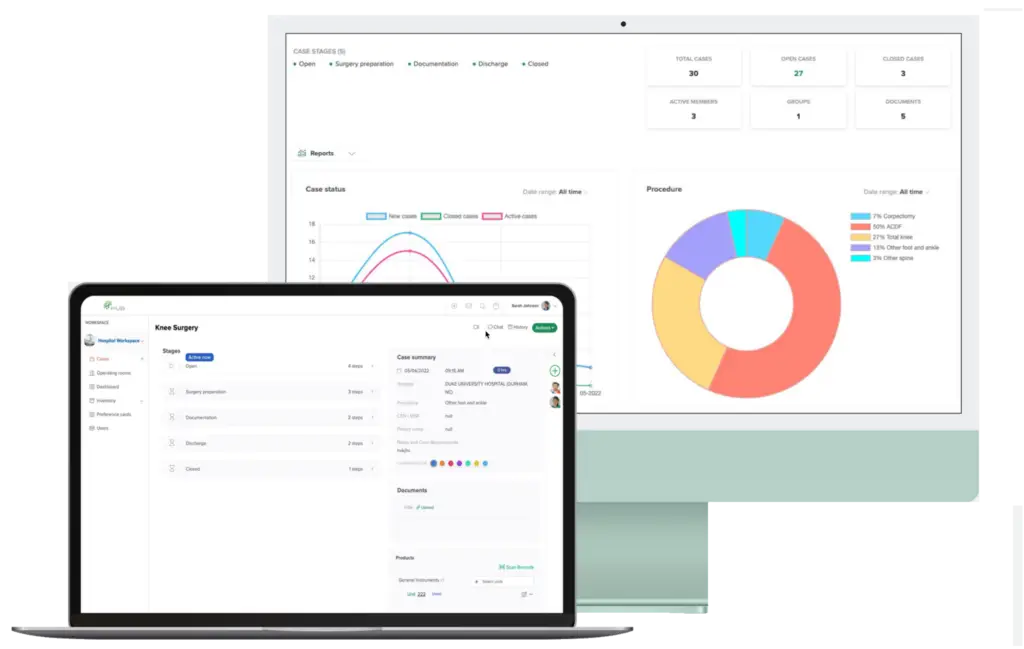In the fast-paced world of healthcare, effective collaboration among clinical teams is essential for delivering high-quality patient care. The right collaboration tools can streamline communication, improve workflow efficiency, and enhance patient outcomes. This article explores some of the best clinical collaboration solutions available today, highlighting their key features and benefits.

1. HUB Healthcare
Overview
HUB Healthcare is a comprehensive platform designed to enhance communication and coordination among healthcare providers. It offers a range of features that facilitate seamless collaboration, making it an excellent choice for healthcare facilities aiming to improve their operational efficiency.
Key Features
- Secure Messaging: Allows real-time communication between healthcare providers while ensuring patient data security.
- Document Management: Enables secure sharing, storage, and management of medical documents.
- Workflow Automation: Streamlines administrative tasks such as scheduling, billing, and compliance management.
- Data Analytics: Provides insights into operational performance and patient outcomes through advanced analytics tools.
Benefits
- Improved Coordination: Enhances team collaboration through integrated communication tools.
- Increased Efficiency: Automates routine tasks, freeing up time for patient care.
- Enhanced Patient Outcomes: Facilitates comprehensive and coordinated care planning.
2. Microsoft Teams for Healthcare
Overview
Microsoft Teams is a versatile collaboration tool widely used in various industries, including healthcare. Its integration with Microsoft 365 makes it a powerful solution for clinical collaboration.
Key Features
- Video Conferencing: Supports virtual meetings and consultations, reducing the need for in-person interactions.
- File Sharing: Allows secure sharing and editing of documents within the platform.
- Integration with EHRs: Can be integrated with electronic health records (EHR) systems to streamline patient information sharing.
- HIPAA Compliance: Ensures that all communications are secure and compliant with healthcare regulations.
Benefits
- Remote Collaboration: Facilitates communication among remote teams, enhancing flexibility.
- Comprehensive Integration: Works seamlessly with other Microsoft 365 tools, providing a unified workflow.
- Security and Compliance: Meets stringent healthcare data security standards.
3. Slack for Healthcare
Overview
Slack is a popular messaging platform that has been adapted for use in healthcare settings. It offers a range of features that support secure and efficient communication among clinical teams.
Key Features
- Channels and Threads: Organizes conversations by topics, teams, or projects.
- App Integrations: Supports integration with numerous healthcare applications and tools.
- File Sharing: Enables quick and secure sharing of documents and images.
- Security Features: Provides enterprise-grade security, including data encryption and compliance with HIPAA standards.
Benefits
- Streamlined Communication: Organizes communications effectively, reducing clutter and improving focus.
- Enhanced Collaboration: Facilitates teamwork through integrated apps and tools.
- Scalability: Can be scaled to meet the needs of both small clinics and large healthcare organizations.
4. Doximity
Overview
Doximity is a professional network for healthcare providers that also offers robust communication tools tailored for clinical use. It combines networking with practical collaboration features.
Key Features
- Secure Messaging: Allows providers to send HIPAA-compliant messages and images.
- Video Calling: Supports telehealth consultations and virtual meetings.
- Directory Services: Provides access to a vast network of healthcare professionals for easy referrals and consultations.
- Faxing Capabilities: Enables secure digital faxing of documents directly from the app.
Benefits
- Professional Networking: Connects healthcare providers, fostering collaboration and professional growth.
- Telehealth Integration: Supports remote consultations, enhancing patient access to care.
- Ease of Use: Provides an intuitive interface that simplifies communication and information sharing.
5. TigerConnect
Overview
TigerConnect is a leading clinical communication and collaboration platform designed to enhance team communication in healthcare settings. It is widely used for its secure messaging and robust integration capabilities.
Key Features
- Real-Time Messaging: Supports instant messaging with read receipts and message priority settings.
- Voice and Video Calls: Facilitates direct communication through voice and video calls.
- Integration with Clinical Systems: Integrates with EHRs, nurse call systems, and other clinical tools.
- Compliance and Security: Ensures all communications are HIPAA-compliant and secure.
Benefits
- Improved Response Times: Enhances the speed of communication, leading to faster decision-making.
- Comprehensive Integration: Provides a seamless experience by integrating with existing clinical systems.
- Enhanced Patient Care: Improves care coordination and patient outcomes through efficient communication.
Conclusion
Choosing the right clinical collaboration solution is crucial for enhancing communication, improving workflow efficiency, and delivering high-quality patient care. Platforms like HUB Healthcare, Microsoft Teams, Slack, Doximity, and TigerConnect offer robust features that cater to the unique needs of healthcare providers. By leveraging these tools, healthcare facilities can streamline their operations, enhance team collaboration, and ultimately improve patient outcomes.

How HUB Healthcare Can Help
HUB Healthcare offers a robust solution designed to streamline communication in healthcare, enhance care coordination, and improve overall workflow efficiency. The platform includes features such as medical case management software, healthcare document management, and healthcare analytics, which optimize all aspects of patient care. Leveraging HUB Healthcare’s tools helps organizations reduce workflow bottlenecks, automate repetitive tasks, and facilitate better collaboration among healthcare providers. This not only improves work quality but also enhances patient outcomes, making HUB Healthcare an essential partner in achieving healthcare excellence.





